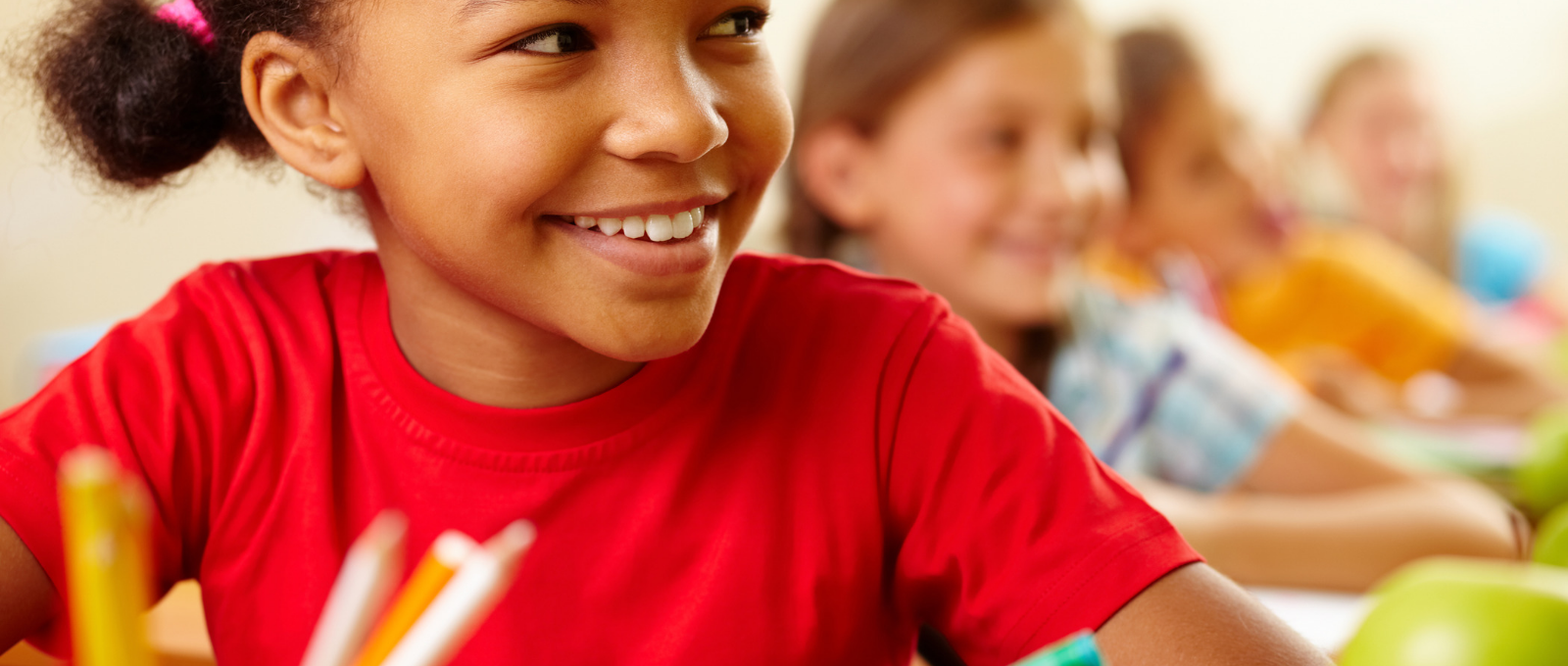Want your child to succeed in school and life? Then look beyond IQ scores and test results. We’ve written before about the importance of self-discipline, but the story doesn’t end there. A whole host of mental skills—constituting what is called executive function–determine how as opposed to what we learn. Emerging research is clear that these skills form the foundation that kids need to succeed.
Executive function skills are the brain’s “air traffic control center”
How do children learn to concentrate, switch mental gears, filter distractions, persist in the face of frustration, calm themselves, manage impulses, catch errors and fix them, or revise ideas in light of new information? It turns out they train their brains to accomplish these and other mental gymnastics. Scientists refer to this suite of skills as executive function.

Think of executive function as the brain’s “air traffic controller.” Just as the controller needs to keep track of, manage and coordinate dozens of airplane takeoffs and landings on multiple runways so also the brain’s executive function must coordinate the input from multiple brain circuits and systems. There are three domains that make up executive function.
- Working memory: This is the brain’s desktop. It enables us to retain and use “chunks” of information in our minds over short periods of time.
- Inhibitory controls: These are the brain’s filter and brakes. They enable us to screen out distractions, manage impulses, resist temptations, and prioritize actions.
- Mental flexibility: This is the brain’s gear transmission. It enables us to think outside the box, catch and correct mistakes on the fly, adjust to various settings and expectations, and adapt to new information.
These three work together to form competent executive function and impulse control. As you consider the list of skills it seems intuitive that they are central to our kids’ success in school and life. Sure, mastering content in school (the what) is important. Executive function, however, determines whether and how kids are able to engage the content in the first place (the how). If my child can’t resist the impulse to goof off with his friends, concentrate despite the allure of a text message, or keep multi-step instructions in mind – then even the most engaging science lesson isn’t going to be very effective.
Executive function is brain science – and child’s play.
These elements may sound complicated but they go to work for our kids in really practical ways. Consider the executive functions at play while our kids play the popular game “freeze dance.” When the music stops they need to resist the impulse to keep dancing (inhibitory control), when the music starts again they need to remember the what they were supposed to be doing in the first place (working memory), and they need to be able to adapt and adjust if the kid next to them does something unexpected during the game (mental flexibility).
While kids play, their brains are getting an incredible workout. In fact, the well-researched curriculum Tools of the Mind adds additional challenges to games like these to increase opportunities to practice executive function skills. While they are dancing, a teacher might hold up a stick figure drawing. Students are instructed to not to imitate the figure while dancing, but when the music stops they need to strike the pose.
Sound like fun? It is! It is also great training that might enable kids to resist the impulse to yell at a teacher when they are frustrated in fifth grade. Or think twice before they post a mean comment on Facebook as a teenager.
Whatever the brain does a lot of, is what the brain gets good at.
It is no surprise to parents of toddlers that their executive function skills are a work in progress. It is entirely developmentally appropriate that my son 2-year-old Miles might have a mini-meltdown when it’s time to stop playing with his cousins and head home for dinner. However, I hope and expect that he will have a different response when he’s fifteen-years-old.
We used to think that these skills developed naturally in children as they got older. We know now that while kids are born with the capacity for executive function, their development relies on practice. Our brains are like muscles: Whatever the brain does a lot of is what it gets good at. The foundation for executive function is laid in early childhood and continues to develop all the way through adolescence and into early adulthood. This means that these years represent incredible windows of opportunity for our kids to practice and develop these skills.
Be your child’s “executive coach”
Parents play a critical role in helping their child develop executive function skills. You provide the “scaffolding” that kids need to practice increasingly difficult and rewarding tasks. You start by teaching your four-year-old to take turns and pretty soon you are encouraging your fifteen-year-old to work out roles and responsibilities with classmates for a looming group project.
Think of yourself as your child’s executive coach. The good news? This is a really fun role. You don’t have to spend much money on equipment. Practice can be held anytime, anywhere. You don’t need to rely on repetitive or boring drills and sometimes your role is just to get out of the way! Better yet? You and your kids are already on the team. You’ve likely already started practice naturally by connecting with your kids, playing games, and encouraging increasingly challenging (but fun!) activities.
Here are some parenting tips to boost executive function to help you get practice started.